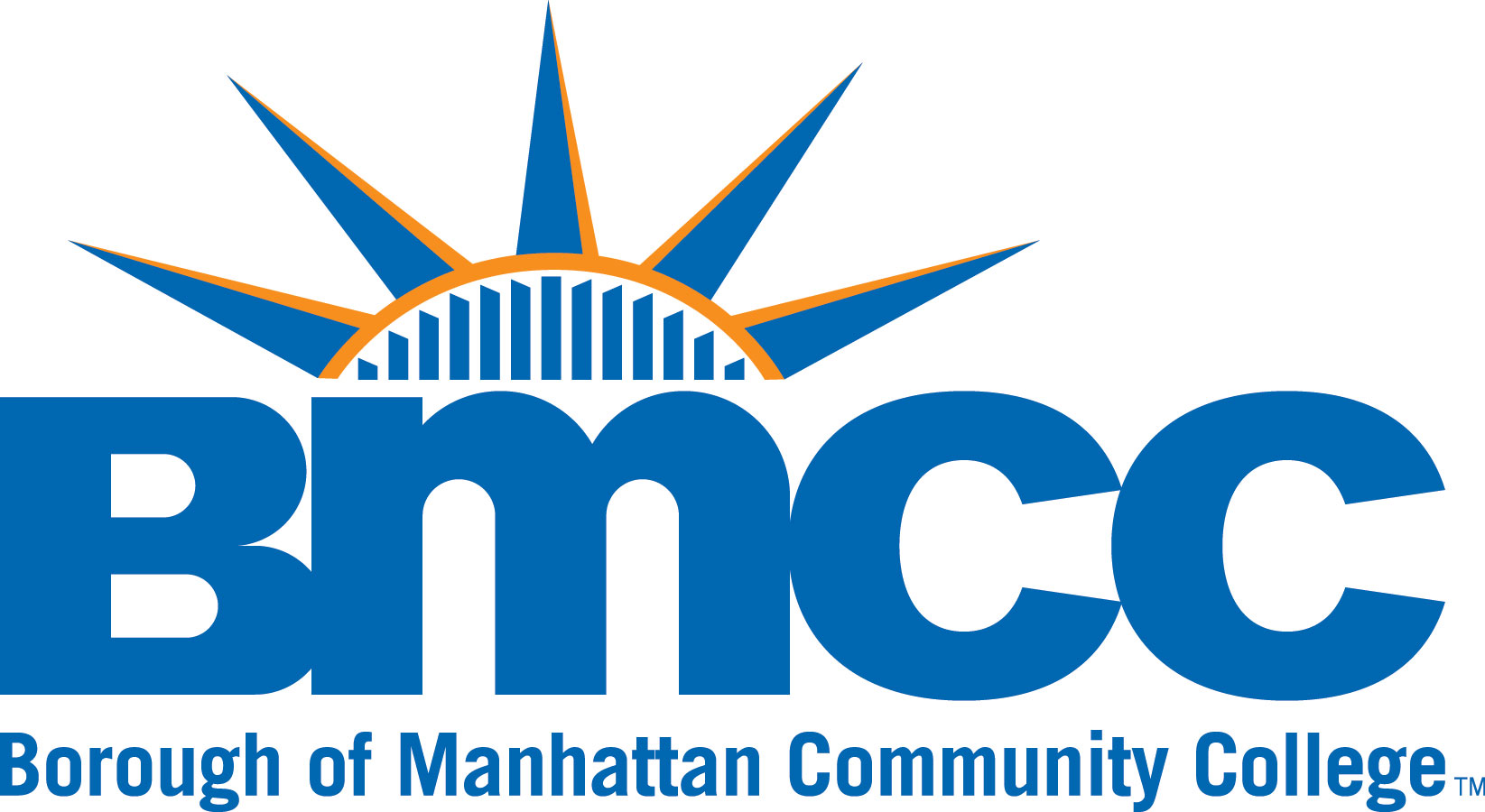Publications and Research
Document Type
Article
Publication Date
9-18-2017
Abstract
Limited understanding of sweet basil (Ocimum basilicum L.) genetics and genome structure has reduced efficiency of breeding strategies. This is evidenced by the rapid, worldwide dissemination of basil downy mildew (Peronospora belbahrii) in the absence of resistant cultivars. In an effort to improve available genetic resources, expressed sequence tag simple sequence repeat (EST-SSR) and single nucleotide polymorphism (SNP) markers were developed and used to genotype the MRI x SB22 F2 mapping population, which segregates for response to downy mildew. SNP markers were generated from genomic sequences derived from double digestion restriction site associated DNA sequencing (ddRADseq). Disomic segregation was observed in both SNP and EST-SSR markers providing evidence of an O. basilicum allotetraploid genome structure and allowing for subsequent analysis of the mapping population as a diploid intercross. A dense linkage map was constructed using 42 EST-SSR and 1,847 SNP markers spanning 3,030.9 cM. Multiple quantitative trait loci (QTL) model (MQM) analysis identified three QTL that explained 37±55% of phenotypic variance associated with downy mildew response across three environments. A single major QTL, dm11.1 explained 21±28% of phenotypic variance and demonstrated dominant gene action. Two minor QTL dm9.1 and dm14.1 explained 5±16% and 4±18% of phenotypic variance, respectively. Evidence is provided for an additive effect between the two minor QTL and the major QTL dm11.1 increasing downy mildew susceptibility. Results indicate that ddRADseq-facilitated SNP and SSR marker genotyping is an effective approach for mapping the sweet basil genome.



Comments
This article originally appeared in PLOS|One, available at https://doi.org/10.1371/journal.pone.0184319
This is an open access article distributed under the terms of the Creative Commons Attribution License, which permits unrestricted use, distribution, and reproduction in any medium, provided the original author and source are credited.